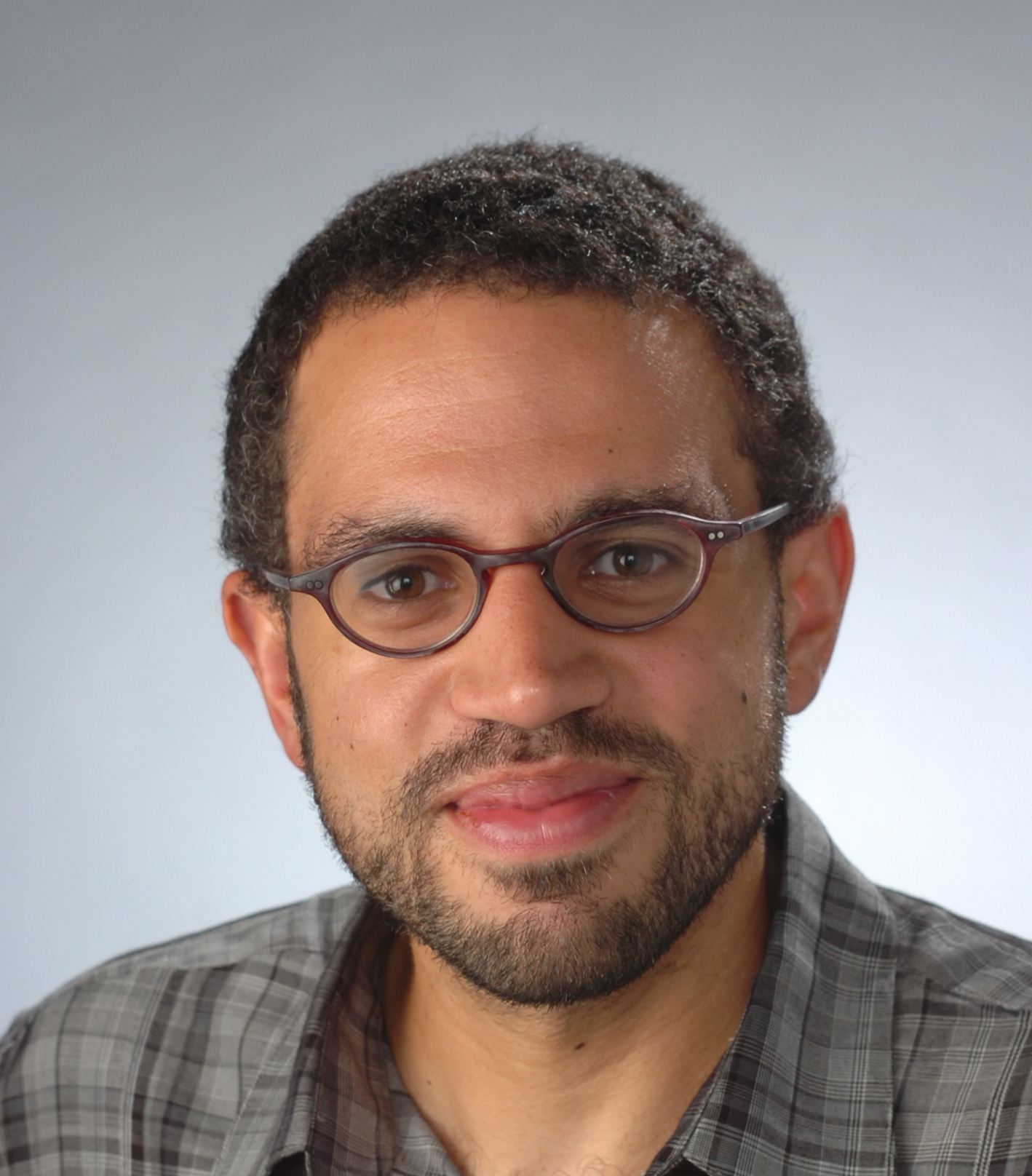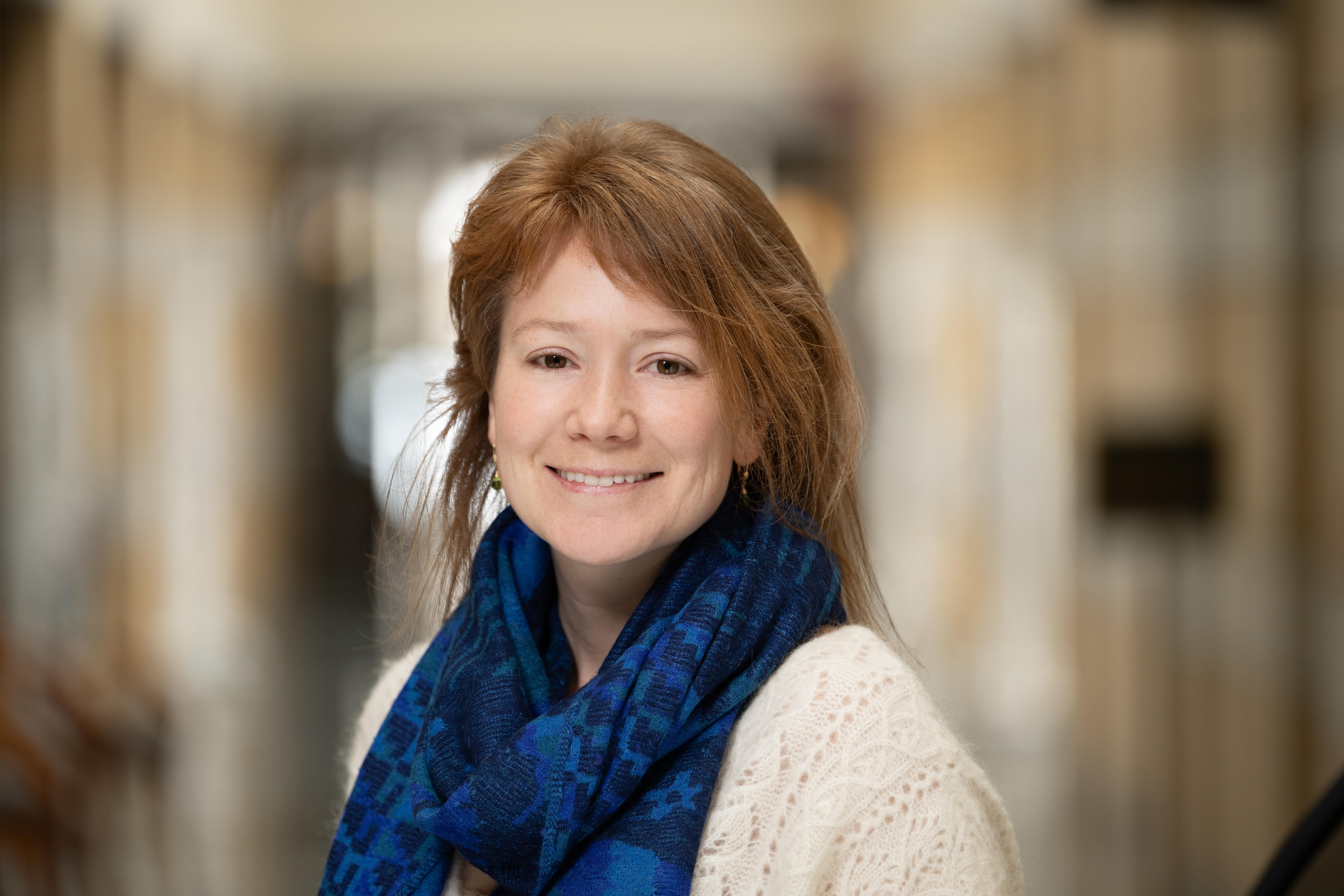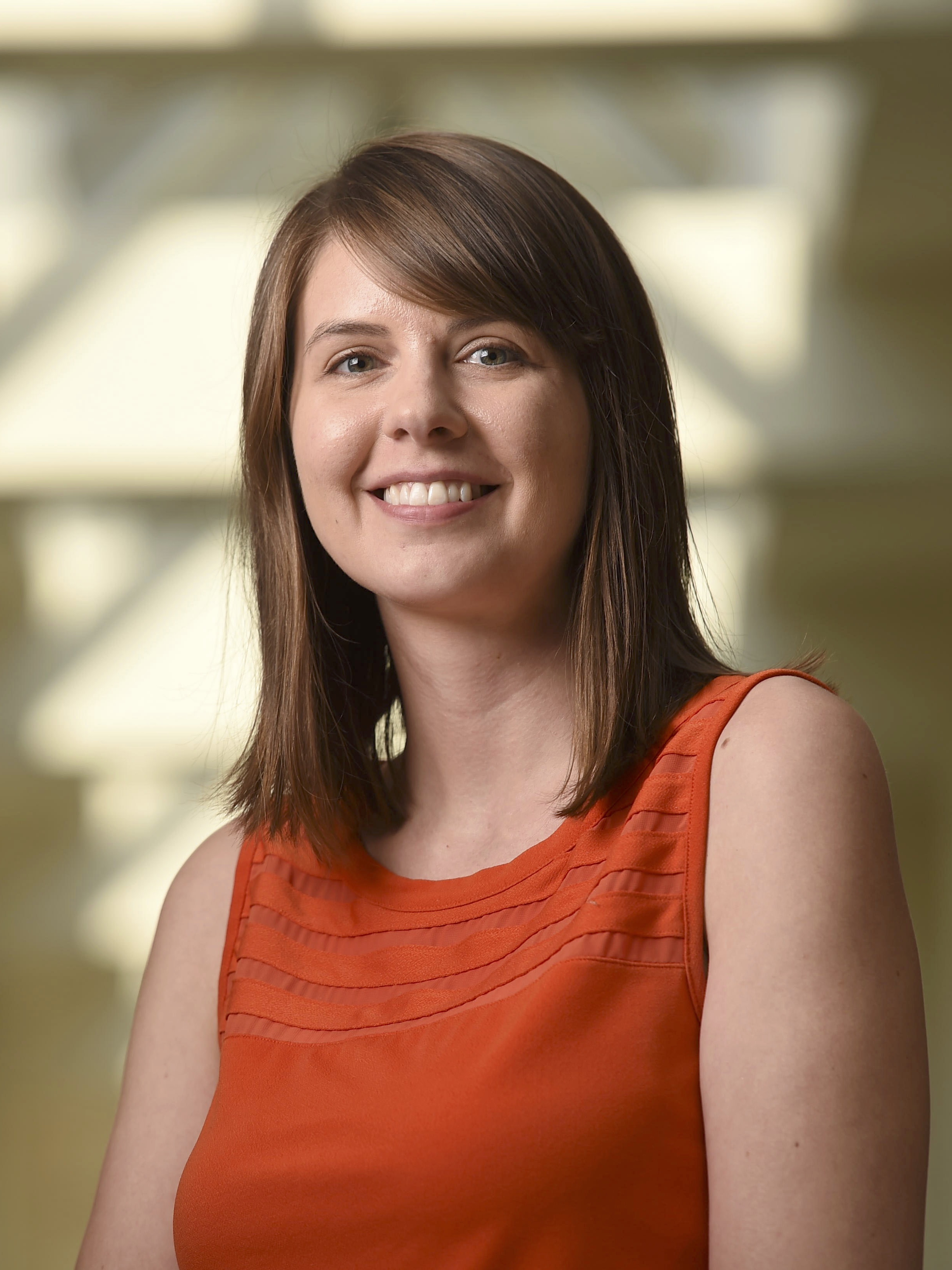
The greatest intellectual gift anyone can pay an author is to read and engage her written work—especially when it is as long and multi-faceted as Prophecy without Contempt! I am tremendously grateful, therefore, to Kyle Lambelet and Contending Modernities for assembling a panel of such learned and careful readers and perceptive critics to engage my book. In this short response, of course, I cannot hope to do justice to all of their insights, but only to highlight a few themes and attempt to carry the conversation forward. I am deeply grateful for their remarks, and I hope to continue the discussion more fully in many other contexts and venues.
Lambelet gets my general aim exactly right when he says that I “hew close to the actual modes of exchange that populate political discourse.” Vincent Lloyd talks about the importance of watching political discussions and debates. It is precisely because I saw so much prophetic indictment in the American public square, particularly around the 2004 and 2008 presidential elections, that I thought it important to come to grips with its nature, function, and pedigree in the nation’s political discourse. I also thought it crucial to map the relationship of prophetic indictment to reasoned deliberation. It is not, of course, that I do not value reasoned deliberation in itself. I do, however, think the discussion of religious and moral discourse in the public square needs to expand its consideration to include other forms of rhetorical interventions.
At a basic level, then, I suppose I am calling for the reintegration of the study of rhetoric with the study of public philosophy and theology. The purpose of interventions in the public square, after all, is to persuade others to think and act in a certain way. Reason-giving is only one tool of persuasion. And, of course, my own study of the rhetoric of prophetic indictment is just an additional piece of the puzzle. For example, Jon Stewart and Stephen Colbert have been enormously influential figures in American public discourse—including discourse about the social role of religion. To understand what is happening in the American public square, therefore, we also need to scrutinize the use of humor, irony, and mockery, as well as the deployment of praise and blame. Then will we have a more adequate picture of our real speech situation, rather than a Habermasian ideal speech situation.
M. Christian Green’s observations on the importance of public lamentation are extremely helpful in expanding our focus from ideal public speech to real public speech. As she rightly notes, lamentation and prophetic discourse go hand in hand. The fiery condemnations of the Book of Jeremiah are followed by the prophet’s heart-rending laments for the losses of his people in the Book of Lamentations. And indeed, in order to be helpful rather than harmful to the larger community, prophetic indictment in the public square ought to be accompanied by lament for the sins that it condemns, rather than smug gloating at the destruction caused by those sins. But Green’s argument invites us to interpret our political conversation partners (both national and international) charitably. She points out how a sense of loss and fear may be motivating even the most adamant interventions in the public square (for example, advocates of traditional Christian sexual morality worry about being shunned and stigmatized). She also, in my view, presses us to move from lament to ritual: Colonial Americans ritualized their sorrows and fears through communal days of fasting and repentance. Is there any way for contemporary Americans to forge appropriate rituals for sorrow and grief that can bind us together rather than tear us apart? Moreover, Green’s essay for Contending Modernities presses us to broaden the question: can common rituals be forged that increase common understanding across religious and political boundaries? This strikes me as an exciting and under-explored possibility.
Gustavo Maya and Jason Springs helpfully encourage me to clarify and refine my analysis of the relationship between prophetic indictment and practical deliberation. I certainly agree that responsible prophetic indictment presupposes (as Springs notes) “socio-critical analysis, observational criticism, moral judgment, and deliberative accountability.” It is the sound use of these elements that helps distinguish true from false prophetic indictments. I am less sure, however, about Springs’ proposal that “any would-be prophet in democratic public life must strive not to be simply a virtuous oncologist, but a virtuous pharmacologist.” As James Gustafson and others have noted, prophetic indictment tends to be both negative and utopian: it decries social evils without proposing a clear plan for amelioration. It is one thing to prophetically decry with certainty a pressing social problem (e.g., climate change, economic inequality). But I think it is important for those engaging in prophetic indictment to realize that the same certainty they bring to identifying a problem may not carry over to the proposed solution. I suspect that one reason King’s later writings on the Vietnam War and social and economic inequality were not as well-received as his earlier work on race equality is that the remedies for the problems of the late 1960’s weren’t as obvious.
I certainly agree with Maya that both prophetic indictment and practical deliberation are essential forms of discourse. I also agree that many public intellectuals, such as Martin Luther King, Jr., have engaged in both forms of discourse over the course of their careers. The rhetoric of the Letter from a Birmingham Jail is not the same as the rhetoric in the “I Have a Dream” speech. My point is that it is very difficult to combine them in the same speech act, because they operate in very different ways—both theoretically, and more importantly, in practice. This difficulty is exacerbated in cases of highly controversial political and moral questions, which I think accounts for some of the fruitlessness of “culture war” debates.
Fundamentally, the job of practical deliberation or policy analysis is to consider what should be the law. Pro-lifers and pro-choicers debate about whether the fetus is an equally protectable human being, whether taking its life counts as homicide, etc. Arguments are offered and rebutted in turn. No ad hominem attacks are necessary to conduct the deliberations and debate. In contrast, indictments, including prophetic indictments, take the law as a presupposition for its work. The question at issue in an indictment is whether a particular person—a defendant—violated that law. Debates about the wisdom of the law are off the table —the only question is its violation. This distinction is regularly enforced in courtrooms: If I am indicted for theft, no judge will be patient with my efforts to call into question the wisdom of the law protecting private property. That debate takes place in another venue, namely the chambers of the legislature. Conversely, a zealous prosecutor who indicts me for behavior that he thinks should be illegal—but is not in fact against the law—is not only likely to outrage the defendant—he is also likely to be charged with misconduct.
In my view, prophetic indictment operates rhetorically in a manner that is very similar to an actual indictment. It is one thing to indict an interlocutor for behavior that violates what everyone agrees is the law. It’s another thing entirely to indict an interlocutor for behavior that violates what the prophet thinks should be against the law—is not in fact a violation. So if I call fellow citizens “murderers” for their stance on abortion, they are likely to interpret this as an ad hominem attack, and respond accordingly. Most likely, their resentment at what they perceive to be the unjust insult will adversely affect their ability and willingness to hear the reasons behind the indictment. So that’s why I worry about “mixed” discourse—at least if the mixture takes place in the same conversation. The point I am trying to make is limited, but from a practical point of view, fairly important: If you are making an intervention in the public square, you really need to ask yourself what your aim is: if you really want people to change their minds, don’t insult them. It’s only likely to backfire.
So perhaps what Maya, Springs, and I need to do is speak with more specificity about different ways of mixing practical reasoning and prophetic indictment. I suspect that some combinations—on some subjects, and practiced by some people—could be very fruitful. Other combinations, however, might not be as successful.
Finally, Vincent Lloyd’s observation about the importance of spectators raises a key complication for my analysis. Call it the problem of audience. As he points out, many people watch political debates that they don’t directly engage. Furthermore, many people read about debates that took place long before they were ever born—like millennials encountering the writings of Martin Luther King. Suppose, then, that the purpose of prophetic indictment is not, actually, to change the mind of the targets of the indictment. Suppose, instead, that it is targeting some of the spectators. A prophetic indictment could be designed to ignite the enthusiasm of one’s own troops in the culture war, or to rope into the cause the sympathetic but insufficiently committed, or to dissuade the ambivalent from taking an opposing stand. Alternatively, perhaps some prophetic critics see their work as designed to inspire and edify those living in a future age. Certainly, King’s writings, as well as the writings of the abolitionists who lived a century before King, now function that way.
I don’t yet know how to tame this problem. If Lloyd is correct, and I believe he is, political theologians and philosophers not only need to grapple with the fact that we have different speakers and different types of discourse in the public square. We also need to contend with the reality that speakers have many different audiences—targets and allies as well as eavesdroppers. Speakers may even have multiple purposes for a single rhetorical intervention. Needless to say, wrestling with this problem of audience will require us to develop far beyond the conception of the public square as a sterile seminar room. If my book contributes in some small way to this development, I will be very gratified.
Cathleen Kaveny is Darald and Juliet Libby Professor of Theology and Law at Boston College. A scholar of both jurisprudence and moral theology, she has published over one hundred articles in both scholarly and popular venues particularly on themes of law and religious ethics in pluralistic contexts. Her next book Ethics at the Edges of Law: Christian Ethics and the American Legal Tradition is forthcoming from Oxford University Press.



















